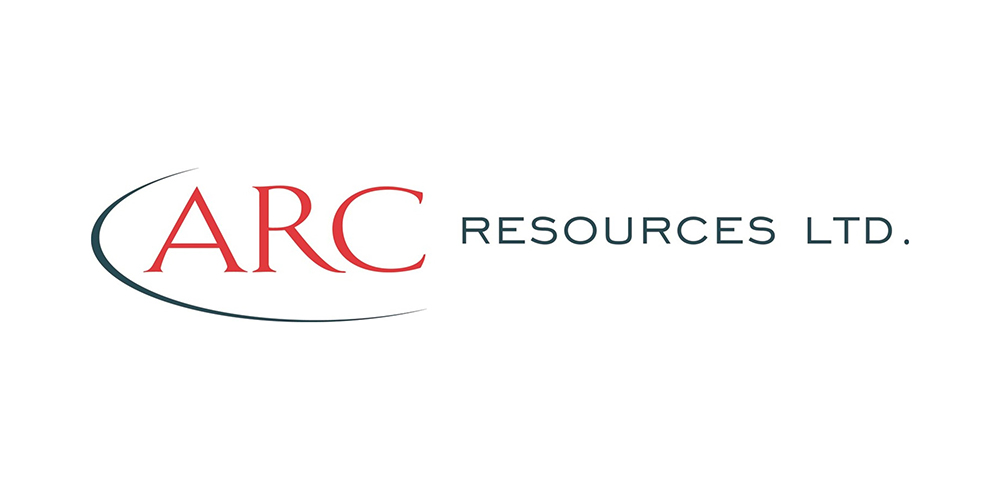Advisors need to do a better job at uncovering the desires of their clients. They must find ways to fulfill their clients, so as to satisfy at least some of their personal vision as investors. These discoveries don't happen in a vacuum — it's often far more collaborative than that, and it deserves to be.
Finding out what really moves the needle on your client's values meters is a worthwhile endeavour, and if you can help them idealize some of their personal values into their portfolios, the benefit of doing so isn't just a matter of 'investing in doing good' – it can also go a long way to deepening client loyalty – and deepening their behavioural resolve, to stick to their long term investment plans – and with you, their valued advisor.
Advisors are running the risk of coming off as arrogant, as a result of not seeming to take the time to understand their clients important values.
The latest Cerulli Edge Advisor Edition study reveals that there is a wide mismatch between the way financial advisors and their ESG-inclined retail clients think about sustainable investing.
To spur ESG growth in the retail sector, advisors should learn to bridge these gaps and deep dive into consumer interest.
In 2020, a Cerulli Associates' survey of financial advisors came up with reasons why they have not yet integrated an "ESG" strategy into their client portfolios.
What the Cerulli survey showed was that investment advisors are simply not that interested in implementing ESG. Thoughts of sustainability are largely irrelevant when compared to short-term stock and asset allocation considerations. The survey showed that advisors claimed that the lack of client demand was preventing them from adopting ESG strategies. Additionally, nearly 14% reported that this obstacle was a moderate concern.
Advisors believe ESG investing to be a non-issue, but are surprised to know that many investors are interested. During conversations with financial advisors about ESG and responsible investing, most reported that only a small handful of clients had requested information about it and even fewer wanted to embrace it.
Contrast this new attitude to the Cerulli survey of investment advisors and retail investors that found that only a small percentage are even comfortable broaching the topic with clients at all. The survey, aptly entitled “Rising Expectations for Sustainable and Responsible Investing” claimed that 44% of respondents want environmentally conscious investing assets - nearly three times more than the 15% industry average, believed to be possible.
Matt Belnap, senior analyst at Cerulli stated, “Based on our research, advisors generally underestimate the demand their clients have for ESG and should not interpret lack of proactive questions as a lack of client interest.”
Another common misconception among advisors is that ESG investing only appeals to HNW clients. Asset managers also share this view. In a Cerulli survey, 66% of asset managers expect high demand from high-net-worth investors.
25% of asset managers believe that their clients' demand for investments will stay at a moderate pace. Research shows that expectations don’t always match up for investors and asset managers when it comes to investing.
More than half (56%) of households agree. They'd rather invest in companies that think about society and economic development.
“By viewing ESG investing as merely a HNW solution, asset managers and advisors are discounting the interest from a broad swath of the investing public,” adds Belnap. “Both asset and wealth managers should seek to make ESG investing more accessible across wealth tiers.”
Experts in wealth management believe that there's an opportunity for financial advisors and their firms to better educate investors on the importance of investing with environmental, social, and governance (ESG) factors in mind.
Belnap says, “If home offices can show advisors that their clients are generally open to discussing or implementing ESG solutions, and asset managers can provide them with tools and templates for successful conversations, fewer advisors will be held back by the ‘lack of client demand’ hurdle.”
The bottom line? Advisors run the risk of coming off as arrogant, particularly when they are choosing to ignore an investment issue that may be closely aligned or in conflict with at least some of their client's personal values. Tip: Ask your clients how they feel about investing in highly profitable tobacco or toxic chemical producers and gauge the reaction.
Copyright © AdvisorAnalyst.com














